Food donations:supporting the most deprived while reducing food waste
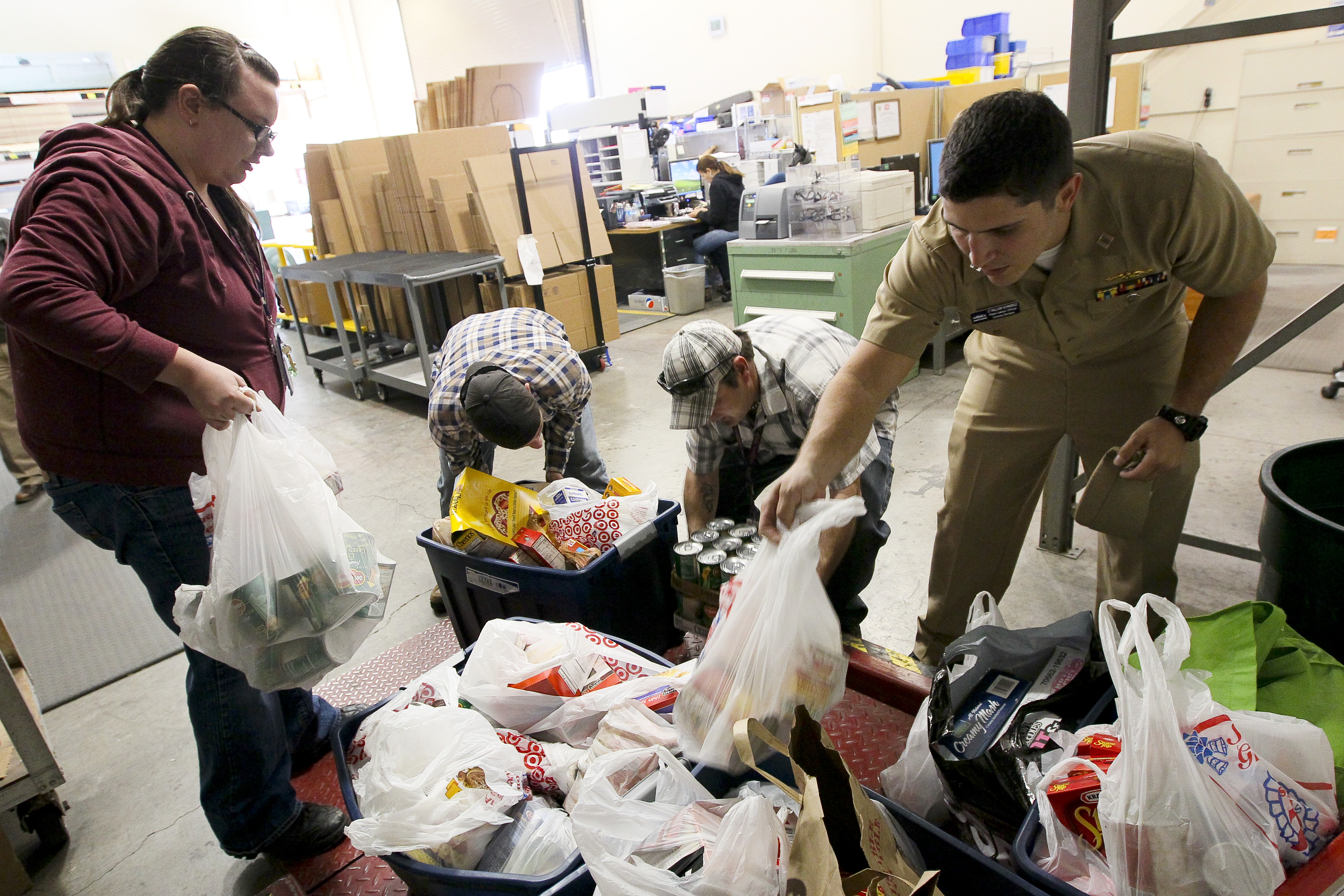


Food donations represent a crucial support for the most deprived and constitute an effective lever in reducing food waste.
Although food donations have significantly grown in the EU in recent years, there is still no common EU policy on donations. Policy frameworks and national approaches vary, enabling and encouraging donations at different levels. Furthermore organizations established at local level to donate food differ in the way that they operate and there is still a general misunderstanding about the potential to donate food that has passed its “best before” dates. Laws on food donations are currently in force in a limited number of European countries like Greece, France, Hungary, Italy, Finland and Turkey.

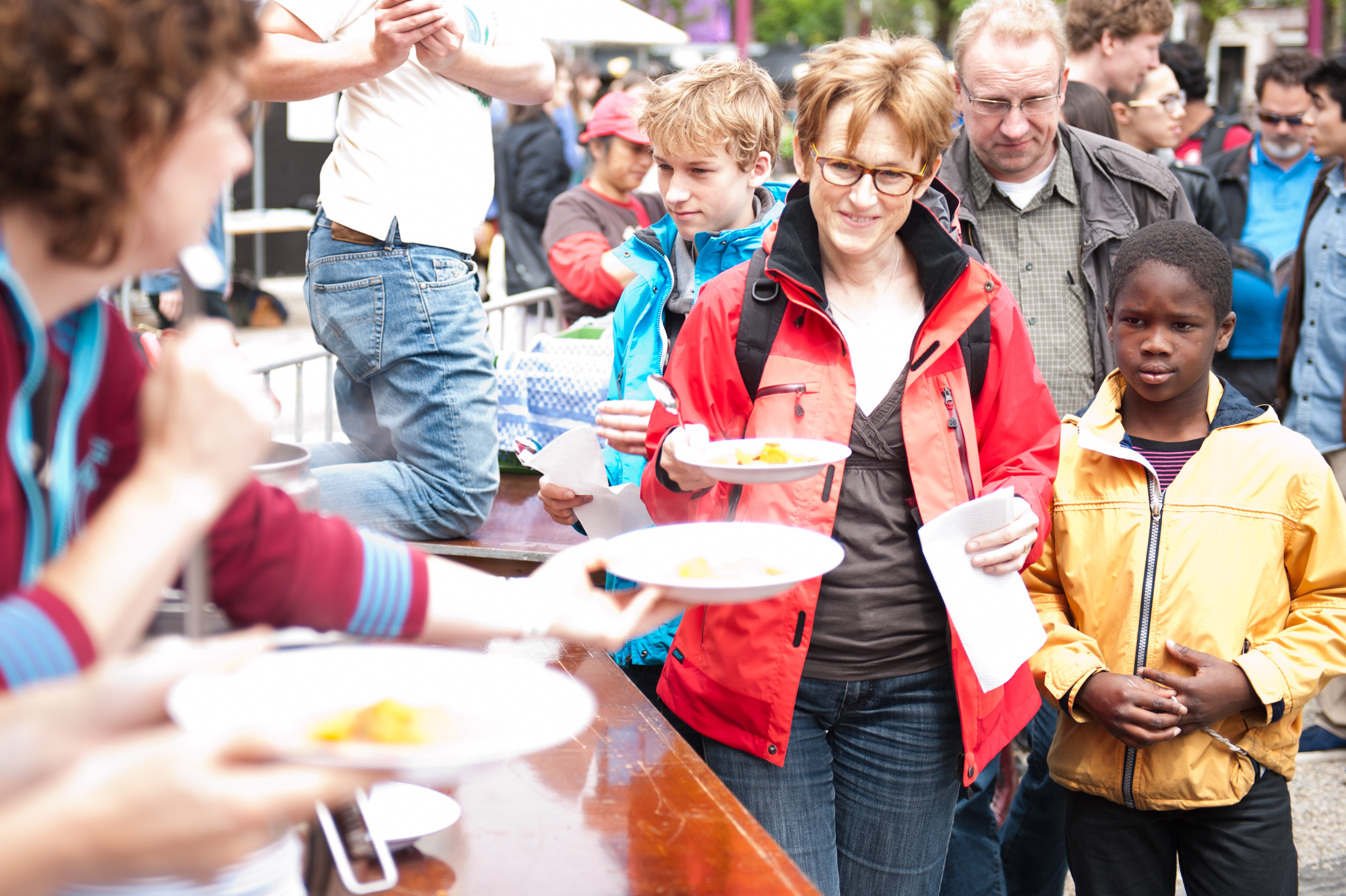
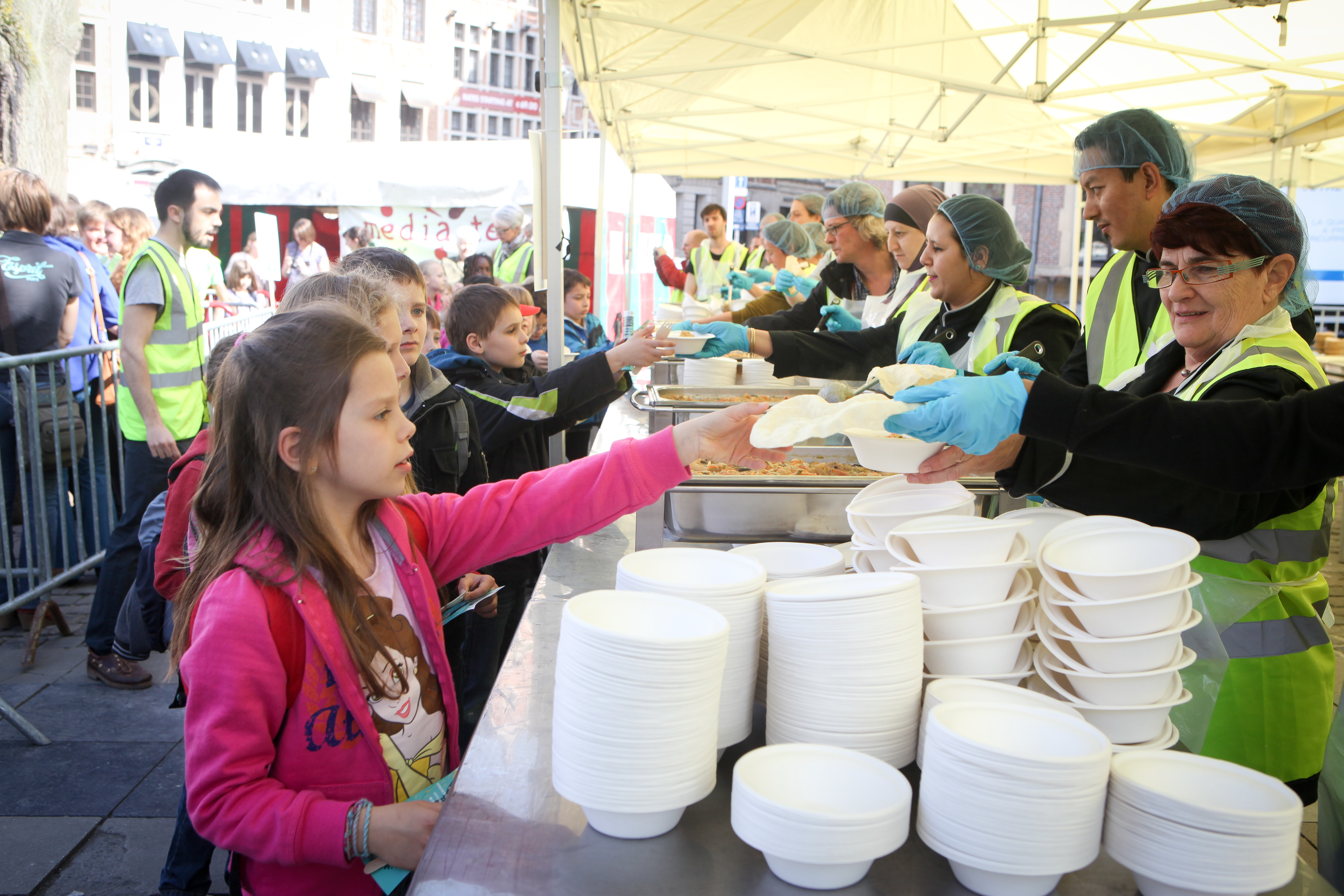
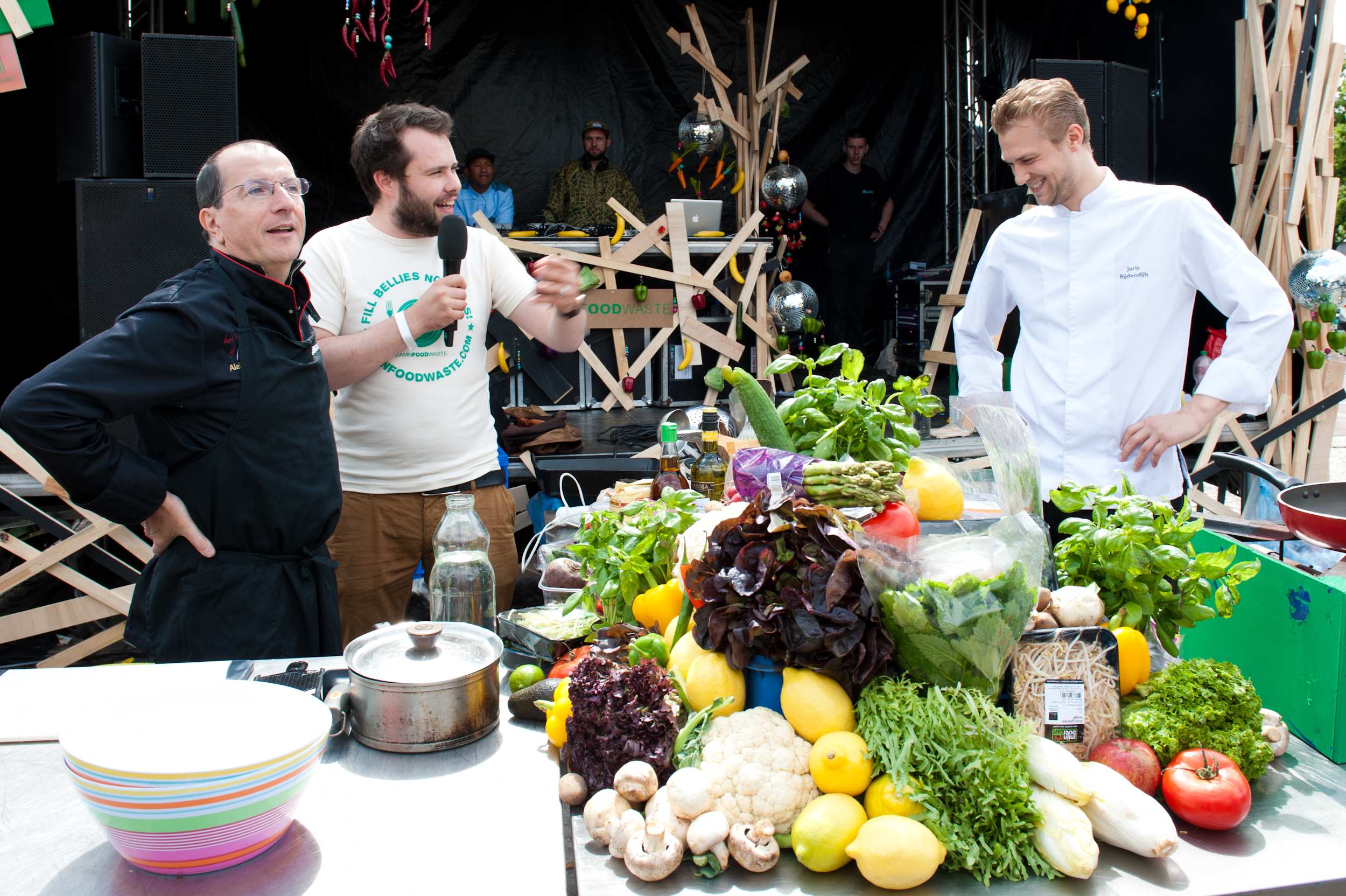
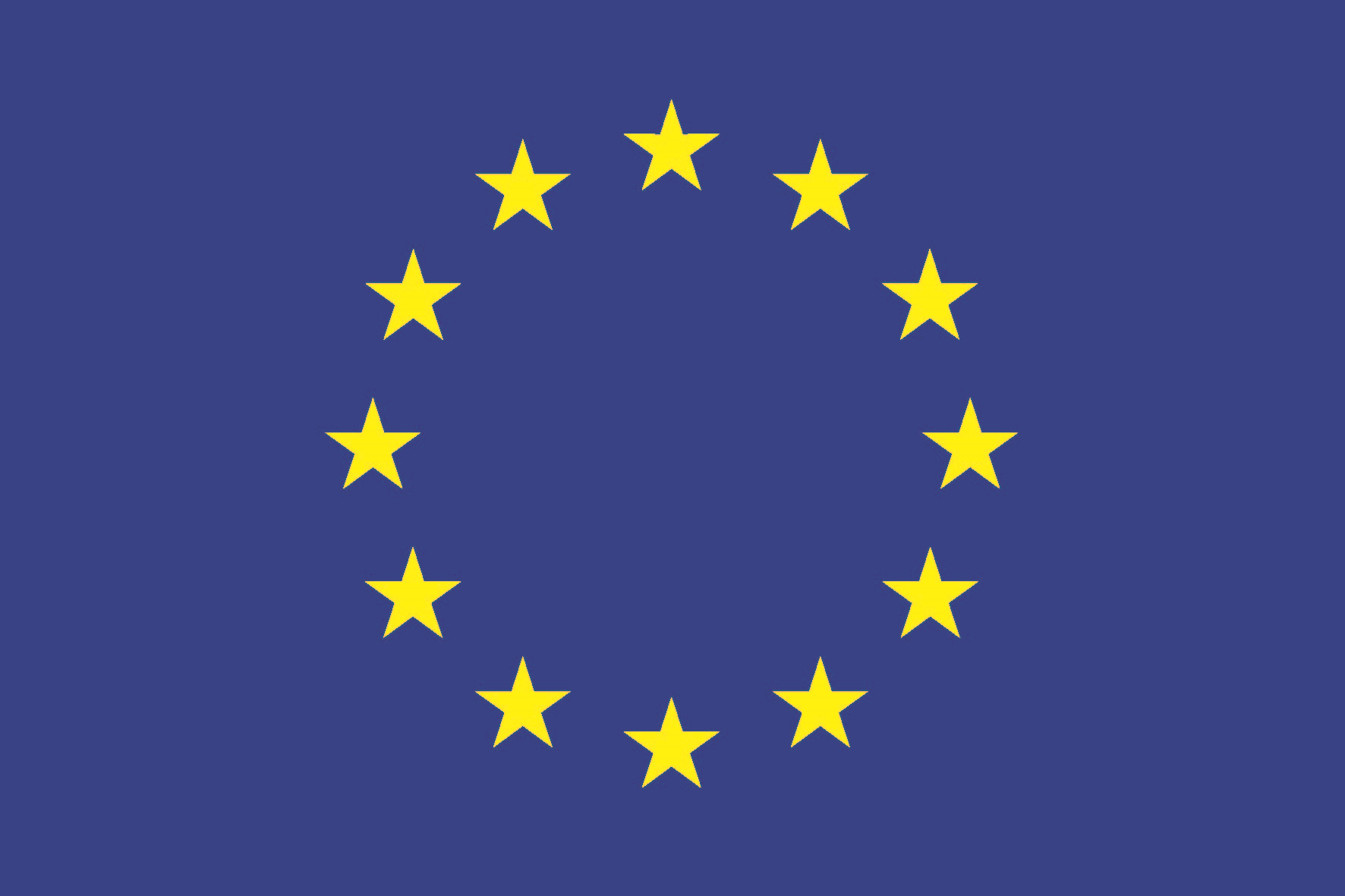 Copyright © 2016 | EU FUSIONS |
Copyright © 2016 | EU FUSIONS |